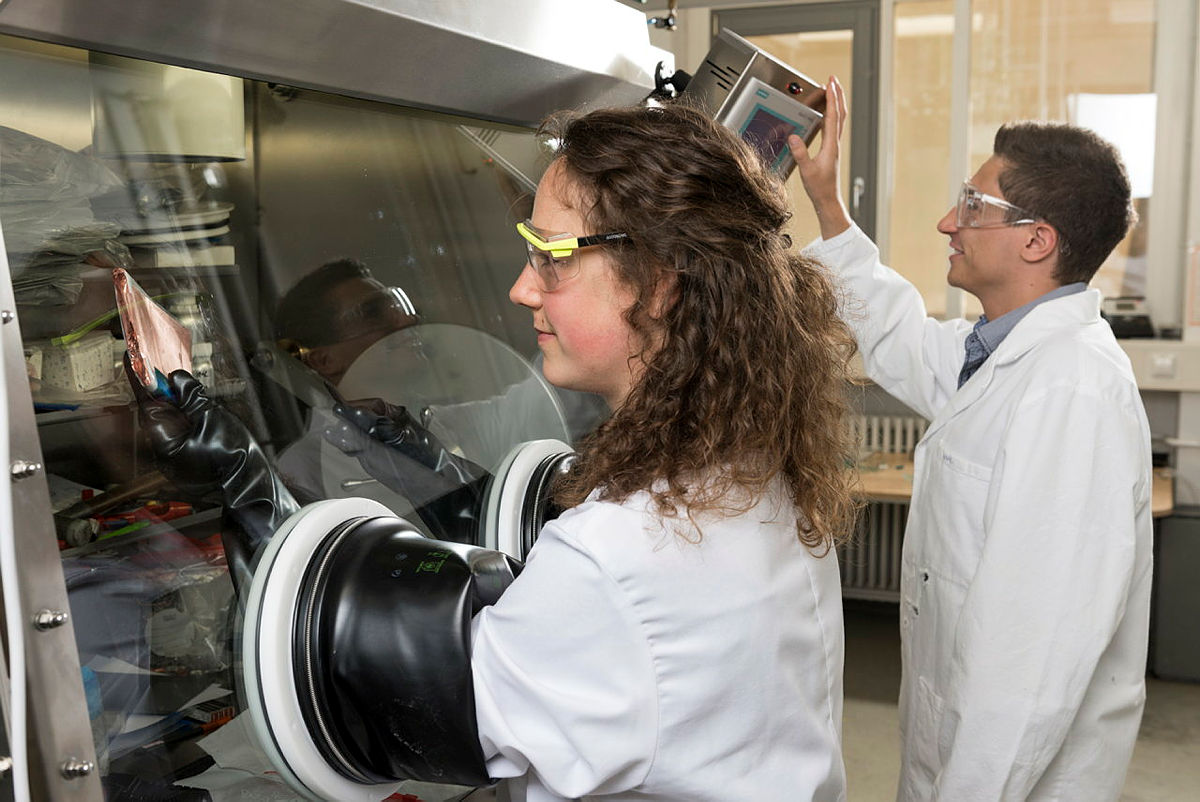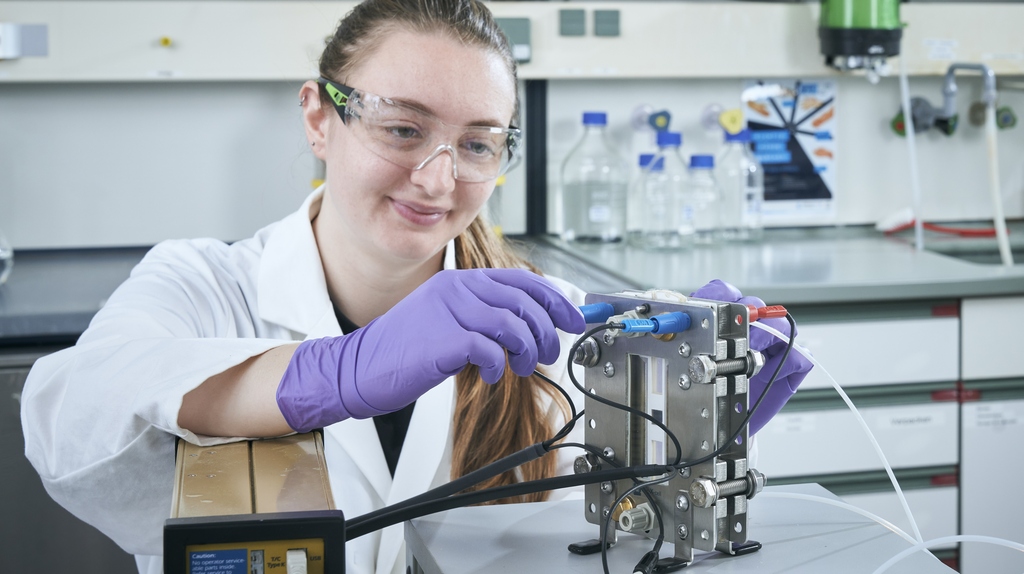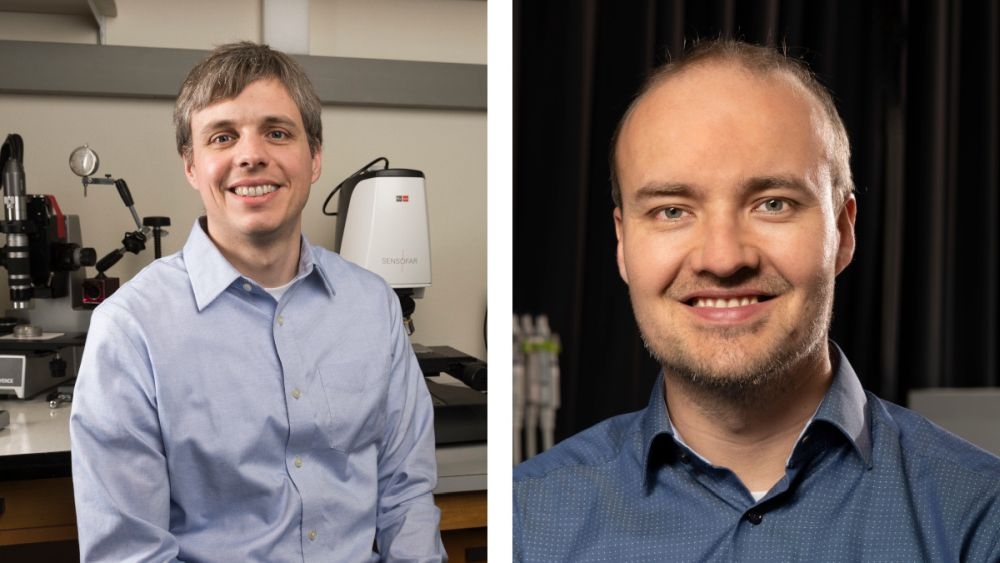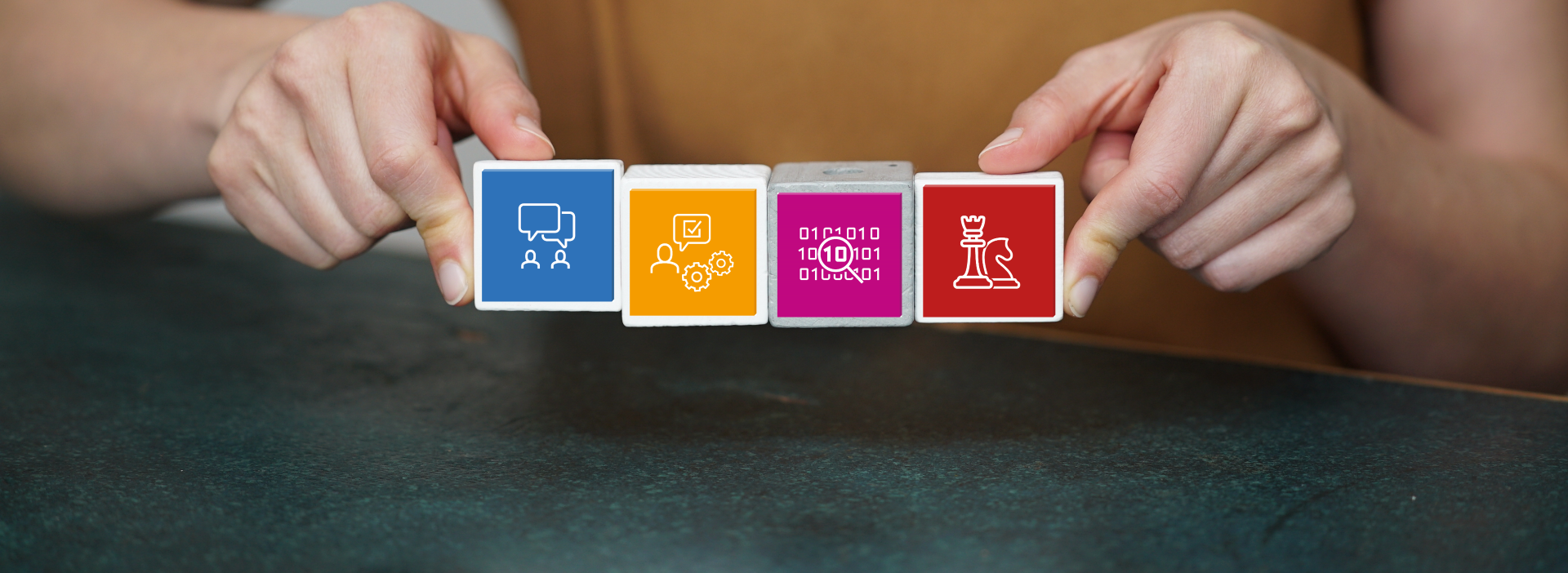Welcome
As Research Office, we offer scientists at the Karlsruhe Institute of Technology a comprehensive service covering all aspects of Thirt-party funding and Research Strategy. When it comes to third-party funding, our experts advise and support ranges from application to approval. Our goals and tasks can be divided into four core tasks, which are reflected in the navigation. Our service is available to KIT employees.
Most of the information is therefore only available on the intranet. If you are accessing the site from an external location, please use the VPN access for employees (link to https://www.scc.kit.edu/en/services/vpn.php) to gain full access. Once you are logged into the VPN, you can reload the page to gain full access to all content.
Contact us
Research Office (FOR)
Fritz-Erler-Str. 1-3
76131 Karlsruhe
▶ Building 01.85
▶ assistenz∂for.kit.edu
Phone: +49 (0)721 608-42258

A in-depth service for application and project management in addition to the Research Funding Service.
learn more
Would you like to learn more about the framework conditions and opportunities for research at KIT? You can find an overview
here
The KIT Research Office comprises four core tasks, which we would like to explain to you in more detail
learn moreSuccessful I Archive Success stories

Since 2023, researchers have been working in the ETOS future cluster, co-led by KIT, to replace the traditional production of fine chemicals with electrochemical processes using renewable electricity. The aim of the second funding phase is to make production processes more sustainable. The cluster is receiving €12 million from the BMFTR for another three years to put the newly developed methods into practical use in industry and synthesize significantly more chemicals. / 02.2026
Press release KIT
Thanks to the funding of 150,000 euros each, both projects will be able to translate their basic research into concrete practical applications over the next 18 months. In his SOAR project, Christian Greiner is developing a new class of copper-based alloys whose microstructures are inherently resistant to friction and wear. Frank Biedermann is researching small sensor plates for medical diagnostics with the aim of detecting several bioactive molecules at once in the future. / 02.2026
KIT News
At KIT's new location in Heilbronn, young research talents in the field of artificial intelligence (AI) will be trained and research results will be transferred to industry more quickly. With the joint graduate center “connAIx Research School for Applied AI” run by KIT, the University of Stuttgart, and the University of Tübingen, the state will provide around 30 million euros annually from 2029 to promote the practical application of AI in areas such as robotics, chip design, and cybersecurity. / 02.2026
Press release KIT (in German)
The newly DFG-funded international research training group C4LaNd, (spokesperson Almut Arneth), is investigating how the growing demand for food, renewable energy and materials can be reconciled with the protection of biodiversity and the climate.
In addition, the research training group KD²School (spokesperson Alexander Mädche) will receive DFG funding for another five years. Here, KIT is researching the design of biosignal-adaptive systems for decision-making processes in collaboration with the Universities of Bremen and Oldenburg. / 12.2025
KIT News
The European Innovation Council (EIC) is funding the research project Superspin within the Pathfinder program. It was selected as one of only 44 projects from over 2,000 applications. Researchers at KIT, led by Professor David Hunger are developing technologies for coupling a quantum computer with a quantum memory in collaboration with European partner institutions. This will be a major step towards powerful quantum technologies. Superspin will start in April 2026 and FORscience will take over the administrative project management. / 12.2025
Press release KIT (in German)
Christian Koos has been awarded the 2025 Karl Heinz Beckurts Prize for his groundbreaking research on high-performance optical networks. The electrical engineer develops new technologies that enable large volumes of data to be transferred more quickly and energy-efficiently - for example, in data centers or in artificial intelligence (AI) training. His research makes digital infrastructure more climate-friendly. / 11.2025
Press release KIT (in German)